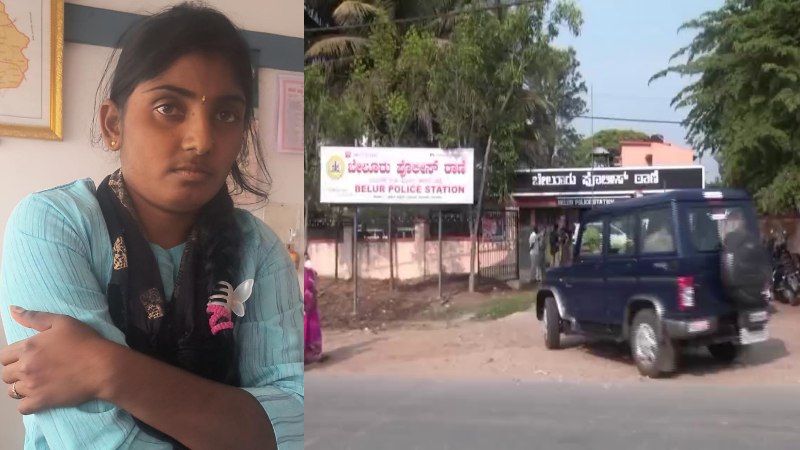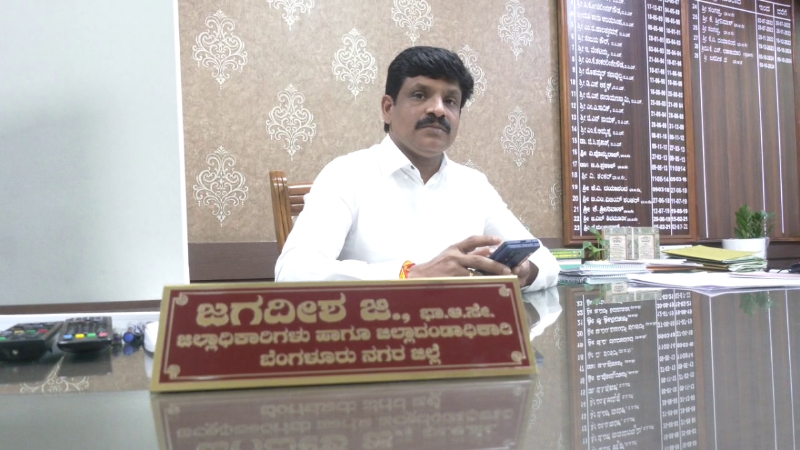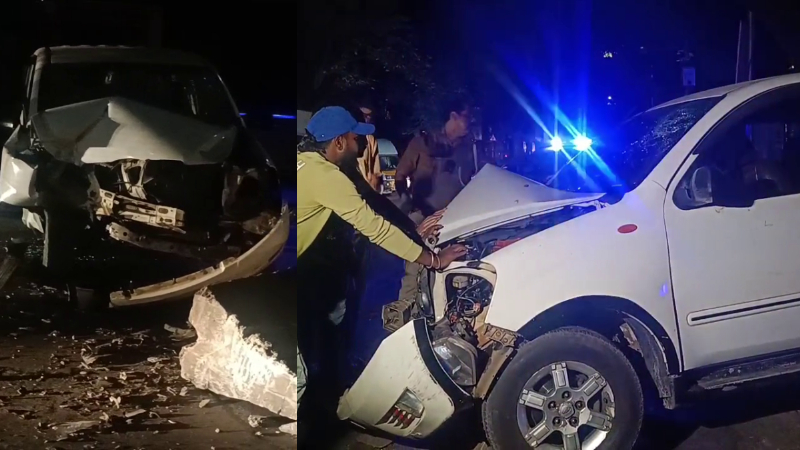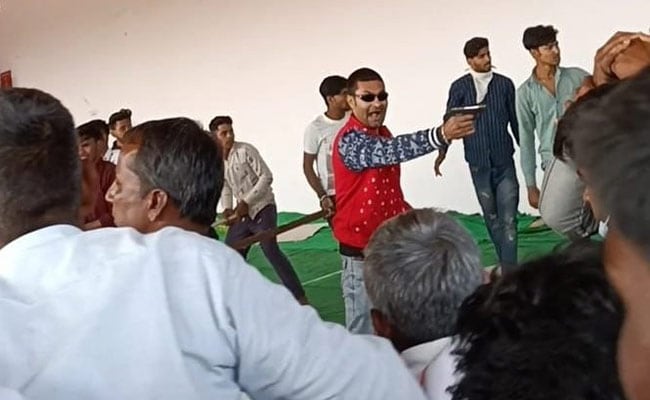Broken Bones, Unbroken Spirit: Rethinking Progress After a Fall
After a fall on the Leh-Manali Highway left him with a broken leg, Mayank Mittal reflects on society’s obsession with constant movement. His recovery journey reveals that true progress often lies in small, quiet victories, challenging the cultural belief that ambition is only measured by constant action.
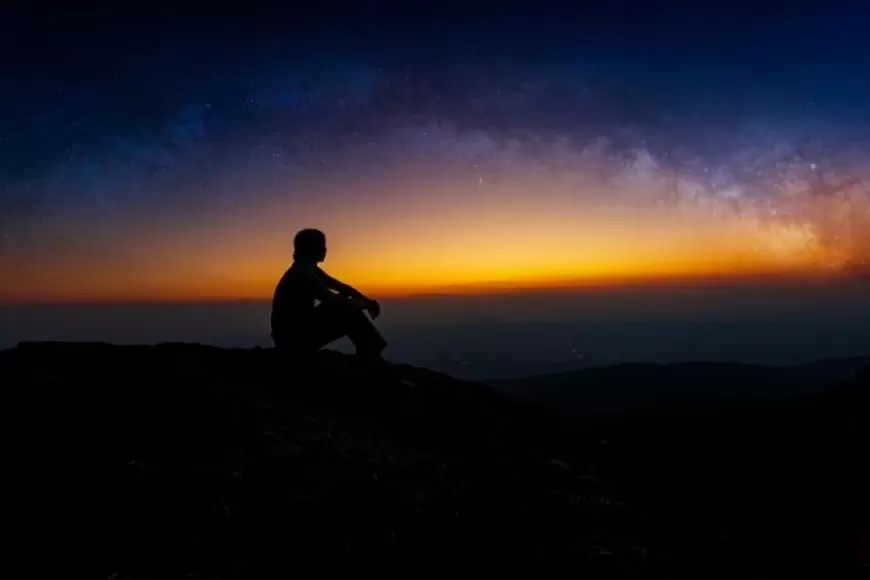
The Trap of Constant Movement: A Broken Leg’s Silent Lessons
By Mayank Mittal
It took a loud, graceless fall on the rugged Leh-Manali Highway for me to realize a difficult truth: our addiction to constant movement runs deep—and it has its consequences.
Like many urban professionals, I had romanticized the idea of adventure as an escape from the endless monotony of city life. But in the silent, unforgiving mountains, one careless misstep led to two fractured bones and an abrupt end to my curated quest for serenity.
The weeks that followed were not just about surgery or the mechanical routine of physical therapy. They were about confronting an unfamiliar enemy: stillness. For someone used to measuring life in completed meetings, promotion letters, and air miles, success suddenly became something humbler—being able to move a foot without pain, or standing upright with the help of crutches.
In India’s buzzing middle-class culture, movement equals ambition. Stillness often translates into laziness. Vulnerability is seen as weakness. Recovery forced me to rebel against these ingrained notions. No longer was progress about big wins; it was about celebrating small, almost invisible victories—like the day I could get out of bed without assistance or take my first shower after weeks.
True progress, I learned, isn’t always about loud triumphs. Sometimes, it’s about quiet perseverance—the kind that doesn’t make headlines but rebuilds you from within. The world didn’t collapse when I paused; instead, it taught me that life, when slowed down, has deeper textures, richer hues, and silent revelations.
In a culture obsessed with climbing higher and moving faster, perhaps the most radical thing we can do is to stop. To fall, to be still—and to find ourselves in the quiet.
